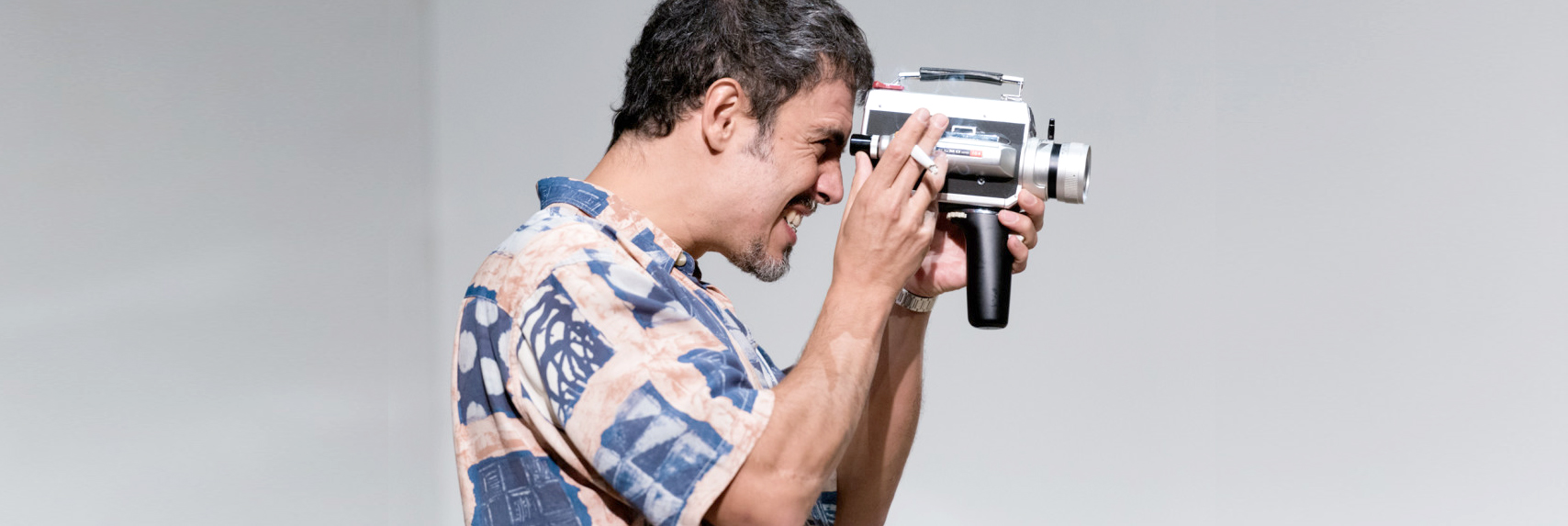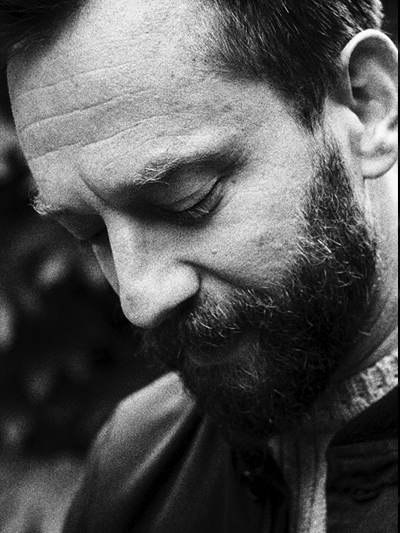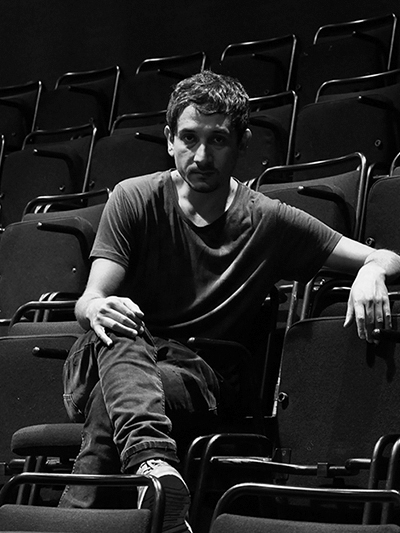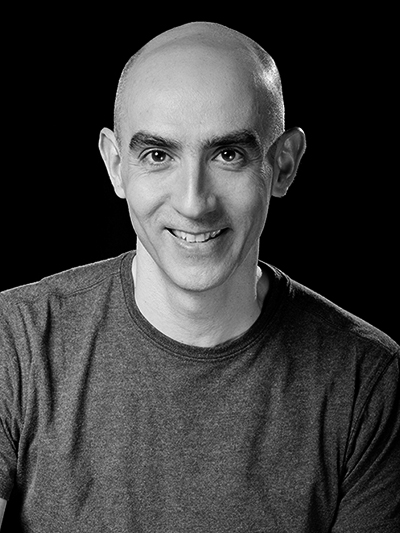Fact Sheet
Director: Julio Manrique
Dates: November 28th, 29th, 30th and december 1st, 2nd
Schedule: 9h to 15h
Price: 375€
People: 20
More information: info@artstudiobarcelona.com
About the director
Julio Manrique Vicuña (Barcelona, July 10th, 1973) is a Catalan actor and stage director, as well as theatre producer. He has been a resident actor in Teatre Lliure and the artistic director of Teatro Romea.
He started professionally as an actor in 1994 in the Teatre Lliure with the play Class enemy (Nigel Williams), he has not stopped working ever since.
He has worked with the best theater directors like Alex Rigola, Xavier Albertí, Sergi Belbel, Oriol Broggi among others, as well as in several television series and movies.
In 2006 he makes a leap to stage direction with the play The Woods by David Mamet in Sala Beckett. After that, he directed The shape of things by Neil La bute, Product by Mark Ravenhill or The Cherry Orchard by Anton Chekhov, among many others. The most recent have been Dealer’s Choice, by Patrick Marber, The curious incident of the dog in the nighttime, and adaptation of Simon Stephens and Una altra pel·lícula.
He formed his own theater company, which brought him much success in reviews, audience and awards. He has won the Butaca Award for best direction in 3 occasions.
In 2015 he created the production company La Brutal with David Selvas and Cristina Genebat.
Wounded birds: the actor and his secret
In “The Wild Duck” by the Norwegian author Henrik Ibsen, the bird that gives name to the play lives out of its natural environment, with an injured paw in the attic of a humble house in a small provincial town in a cold Nordic country. The Ekdal family has built its own forest in the attic of their house and the wild duck is its most precious treasure. In the play “The Seagull” by Anton Chekhov a seagull dies, literally, at a given moment, and later our heart is broken when Nina, a young and enthusiastic girl, comes back toward the end of the story, disappointed, tense, literally repeating that of: “I am a seagull, I’m a seagull …” and we understand that something, something difficult to name, has broken, has died inside her and will never return. Only after choosing these two wonderful plays as working material for the course, plays written by two authors, I realize the obvious overlap in the titles. In both appear birds and, somehow, in both cases, they are fragile birds, birds who want to fly and can’t do it, wounded birds. Then I wonder: What’s up with me and birds?… I hope nothing serious. In any case, I thought of teaching a course on the secret, the unrevealed secret of the actor, that thing so difficult to define, invisible and mysterious that one always ends up noticing in the good works of good actors. That thing which supports the building, which is at the foundation of everything we see and enjoy. In fact, I wanted to call the course something like… “The tip of the iceberg”, I obviously did not want to do a course of Ornithology. But no one forced me to choose the material I have chosen. Ibsen and Chekhov are, in my opinion, two masters of secrecy. Some mark them as two of the figures inaugurating the “modern” theater. In what sense? I guess in the sense that what the characters say is only a clue to what they are, a track sometimes misleading, and I, since we are making confessions, decide that birds, the wounded and agonizing birds of the plays I have chosen, may be related to the secret of love. The bird, this animal that wants to fly even if it’s difficult and which always tries, despite everything.





